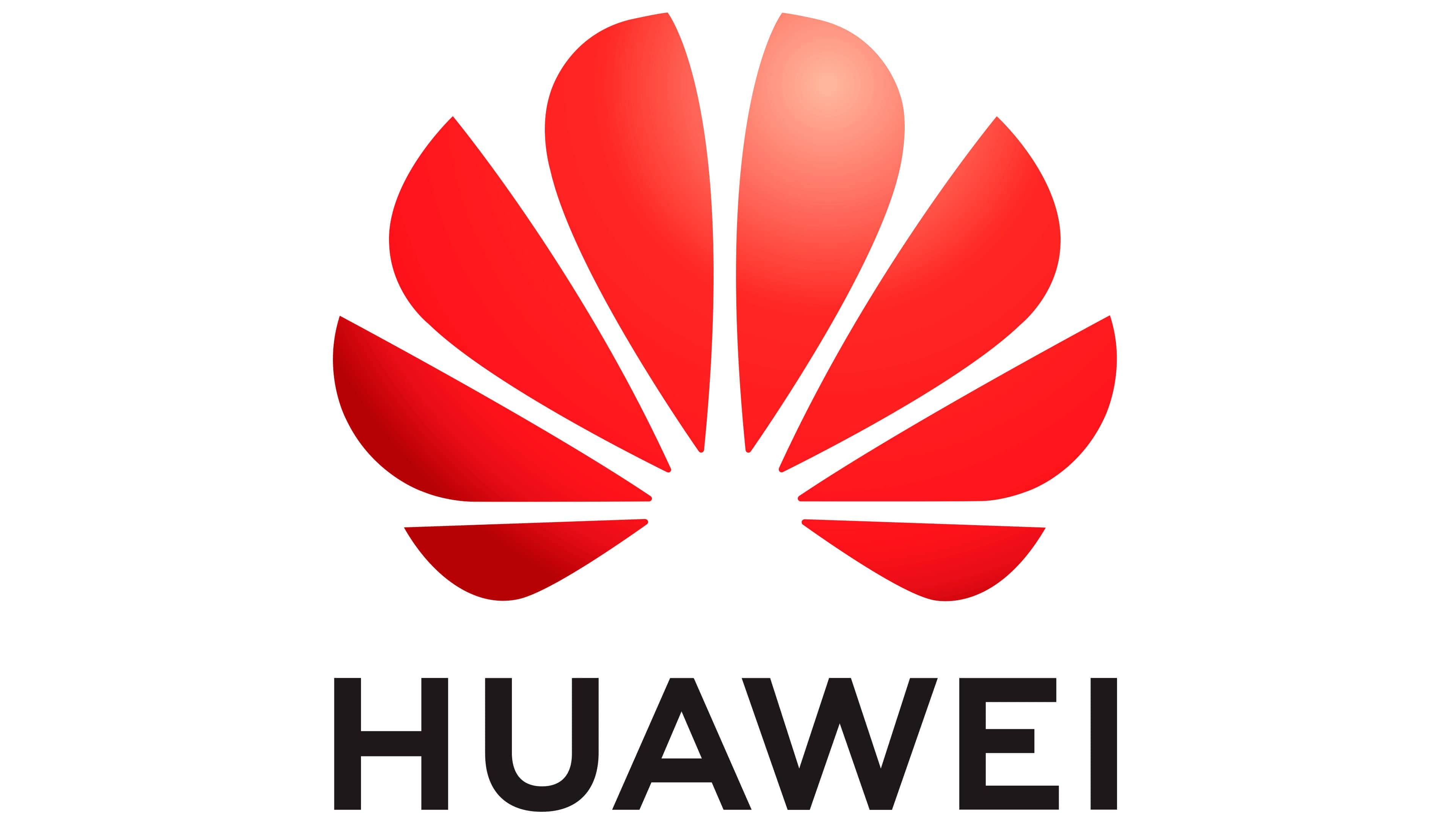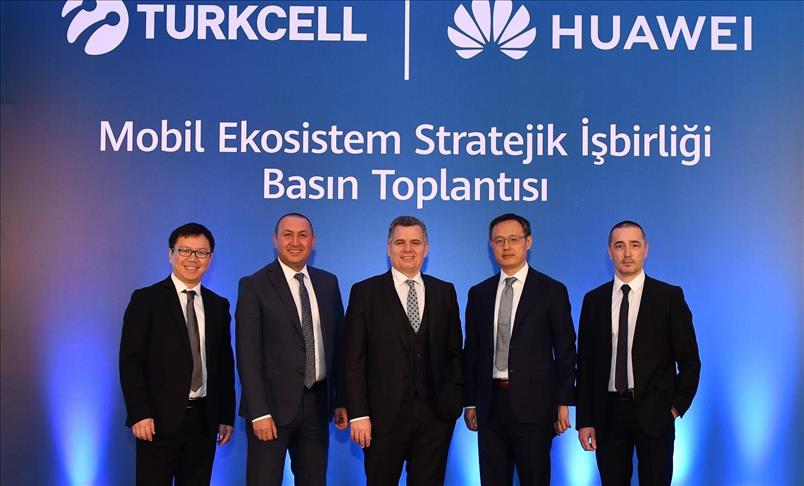
Turkish telecommunication company, Turkcell, and Chinese technology giant Huawei have conducted a groundbreaking field test, achieving a data transmission speed of 2.4 terabits per second (Tbps) over a live transport network—a world first.
According to a statement from Huawei, the test was conducted between the Tekirdag Data Center and the Edirne Data Center, spanning a distance of 160 kilometers. This live network serves as a high-volume transit service along the European border, and the test was completed without disruptions.
The achievement underscores the growing need to innovate optical transport networks to accommodate the surging demand in network traffic, which is projected to triple in the next five years with the rise of 5G, 4K/8K video streaming, artificial intelligence, and digital services.
The test utilized a cutting-edge 2.4 Tbps dual-carrier coherent card equipped with advanced features, such as an integrated high-baud-rate broadband modulator, enhanced nonlinear compensation algorithms, and an intelligent neuron function module.
This module enables real-time adaptation to complex connection environments, optimizing network performance by minimizing signal degradation in optical transmissions.

Turkcell’s Deputy General Manager for Network Technologies, Vehbi Cagri Gungor, emphasized the company's commitment to maintaining its leadership in advanced technologies and industry trends.
“Our collaboration with Huawei on ultra-fast DWDM technology is a testament to our dedication to delivering the latest innovations and providing a superior customer experience,” Gungor stated.
Victor Zhou, President of Huawei's Transport Network Systems Division, expressed satisfaction with the joint success.
"Huawei is proud to collaborate with Turkcell in this significant test of ultra-high-speed optical communication. We will continue working with global operators to provide solutions that offer high quality, reliability, and sustainable development,” Zhou said.